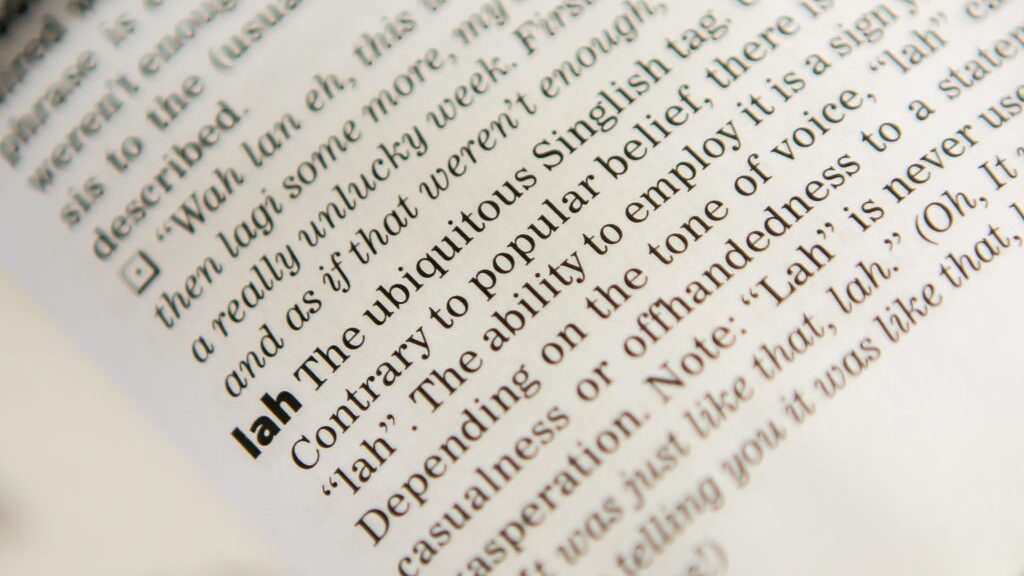Colloquial Singapore English in advertisements
April 24, 2023

Associate Professor Mie Hiramoto (NUS English, Literature, and Theatre Studies) looks at the expanding use of CSE (Colloquial Singapore English) within commercial advertising in ‘Colloquial Singapore English in advertisements’ (World Englishes, 2019).
A/P Hiramoto provides contemporary international context to the more local use of CSE, with the example of ‘girlspeak’ in Western countries. Girlspeak was the successful phenomenon during the 1990s of a stylized social, rather than regional, dialect that targeted teenage girls and young women through fashion and lifestyle magazines. Unlike girlspeak, however, CSE is shown to be an explicitly direct appeal to the local Singaporean context.
During the early days of CSE advertisements, A/P Hiramoto describes the ever-present tension that existed in using what was ostensibly considered the wrong type of English within the public sphere. Founder of the nation, Lee Kuan Yew, strongly favoured standard English over CSE, and with the launch of the SGEM (Speak Good English Movement) in 2000, the official position of the Government was to discourage CSE.
Things appeared to change fundamentally in 2015, however, with the two significant events of the passing of Lee Kuan Yew and the actions of Prime Minister Lee Hsien Loong (Lee Kuan Yew’s son) during the SG50 celebration. PM Lee commemorated the event digitally on his Facebook page with the CSE allusion of, “we are less blur like sotong, and more confident and comfortable with everything that makes us Singaporean.” The SGEM soon revised its negative stance against CSE, envisioning it now as a vital cultural marker of what it means to be Singaporean, although still continuing to encourage the use of standard English within the country.
CSE advertising in Singapore can be seen through kaisu burgers at McDonalds, shiok-ah-ccinos at Starbucks, as well as increasingly on commercial billboards and bus signages. The debate still rages on amongst Singaporeans who feel passionate on both sides about the changing nature of CSE’s acceptance. Those that appreciate its formal inclusion regard it as part of Singapore’s local heritage and a uniting force, amidst the more dividing nature of the Mother Tongue policy. Opponents hold the belief that CSE is only used by those who have missed the opportunity to master proper English.
Read the full article here.
